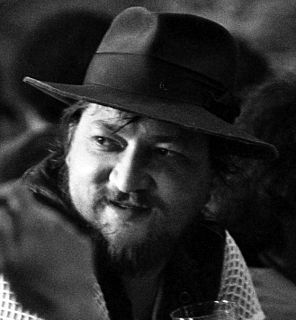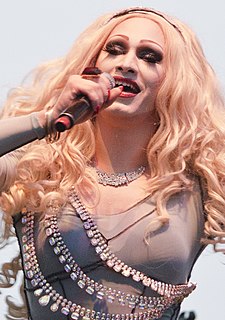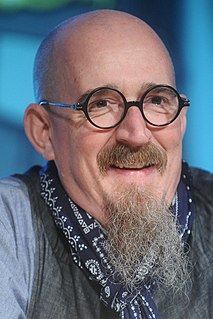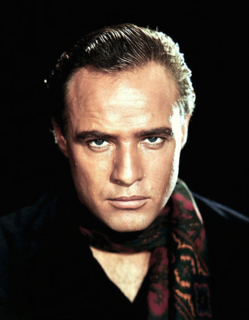A Quote by Patty Jenkins
It's not about superheroes. This is the method of universal storytelling that all people have... To me, they're the same as the Greek myths or the Roman myths or religious figures of every religion. These are common characters that we use to express stories about being a better person or what you would do when faced with various things.
Related Quotes
It helps to regard soul as an active intelligence, forming and plotting each person's fate. Translators use "plot" to render the ancient Greek word mythos in English. The plots that entangle our souls and draw forth our characters are the great myths. That is why we need a sense of myth and knowledge of different myths to gain insight into our epic struggles, our misalliances, and our tragedies. Myths show the imaginative structures inside our messes, and our human characters can locate themselves against the background of the characters of myth.
You look at the Koran or the Bible, they all tell the same stories. You see them as the stories of the Middle East. The stories reflect who these people were in the Middle East, and this is where Western culture came from. All our literature is basically influenced by these great myths. So I'm fascinated by it. You could almost say I'm obsessed with it. But if you're asking about the effect of religion on my life - almost everything I do is opposed to the practice of religion.
Religion is not about accepting twenty impossible propositions before breakfast, but about doing things that change you. It is a moral aesthetic, an ethical alchemy. If you behave in a certain way, you will be transformed. The myths and laws of religion are not true because they they conform to some metaphysical, scientific or historical reality but because they are life enhancing. They tell you how human nature functions, but you will not discover their truth unless you apply these myths and doctrines to your own life and put them into practice.
Characters work really well when they're reflective of the times that they're operating in. To keep these characters static - like Superman was invented in the '30s, Wonder Woman in the '40s - if they were still operating under those kinds of constraints, they'd die. These pop cultures, just like Greek myths, they have to reflect the time their stories are being told. That's what makes them relevant.
When we come back to fantasy, I think we're actually coming back to the real bedrock of storytelling. Our national or international genre really is fantasy, if you think about the worldwide myths and legends and stories that we all know, whether we're talking about Little Red Riding Hood or the Arabian Nights or Noah's Ark or Hercules. These are stories that cross many cultures in much the same way that dragons cross many cultures.
Myths, as compared with folk tales, are usually in a special category of seriousness: they are believed to have "really happened,"or to have some exceptional significance in explaining certain features of life, such as ritual. Again, whereas folk tales simply interchange motifs and develop variants, myths show an odd tendency to stick together and build up bigger structures. We have creation myths, fall and flood myths, metamorphose and dying-god myths.






































